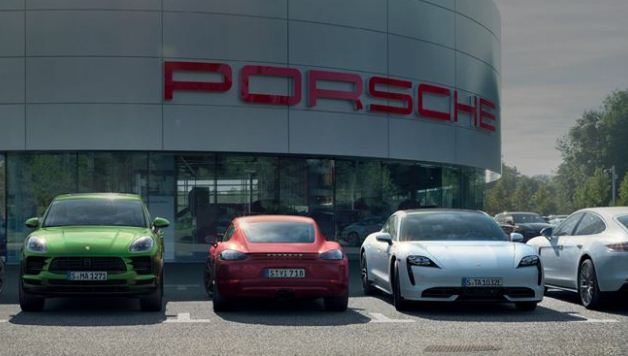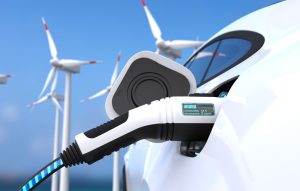Charging infrastructure and battery technology development has become the focus of Porsche‘s research to advance and be at the forefront of electric mobility.
Latin America has become a critical territory for the German brand to implement innovations that have certain advances in Asia and Europe.
In Guatemala, Porsche led a forum to evaluate the country’s prospects in electromobility. For the development of electric mobility in the Central American country, three fundamental factors were highlighted: energy production, energy distribution and battery manufacturing. Likewise, local laws must support the transition to clean energy sources.
Contenido relacionado: Porsche Launches New Alliance to Reduce the Carbon Footprint of Vehicles
Porsche’s Efforts through Partnerships
Diego Cuestas, General Manager of Grupo Los Tres, exclusive importer of Porsche for Guatemala, and Juan Carlos Botrán, Director of the Electric Mobility Association of Guatemala (AMEGUA), offered a balance of the path traced in the nation.
In addition to having installed several months ago solar panels on the roof of Grupo Los Tres, which now generate all the electricity needed in the facilities, the company has also been concerned with training its staff to diagnose, service and, if necessary, repair the batteries of the 100% electric Porsche Taycan and the plug-in hybrid versions of the Cayenne and Panamera.
Similarly, it has promoted the Porsche Destination Charging program, which consists of installing charging points in hotels, clubs, restaurants, shopping malls and other spots frequented by its customers.
“Although we know that our customers charge their cars approximately 80% of the time at their homes or offices, we continue to install chargers at strategic points to give them greater peace of mind,” said Cuestas.
He added that Porsche currently has 12 of its own charging points where customers can recharge their car batteries free of charge and in the coming months will open five additional charging stations.
Incentives
While it is true that there are many challenges to overcome, important regulations have emerged in Guatemala, such as the new law that has exempted hybrid and electric vehicles from paying taxes, which range between 15% and 20%.
Additionally, they do not pay VAT (12%) and enjoy the benefit of subsidized license plates: in the first year they receive 100% subsidy; in the second, 80; in the third, 60; in the fourth, 40; in the fifth, 20%, and from the sixth year, they will have to pay for their license plate in the same way as gasoline cars.
An additional incentive is that during the night energy is cheaper, so it is ideal to leave electric vehicles charging when electricity costs approximately 15% less.




